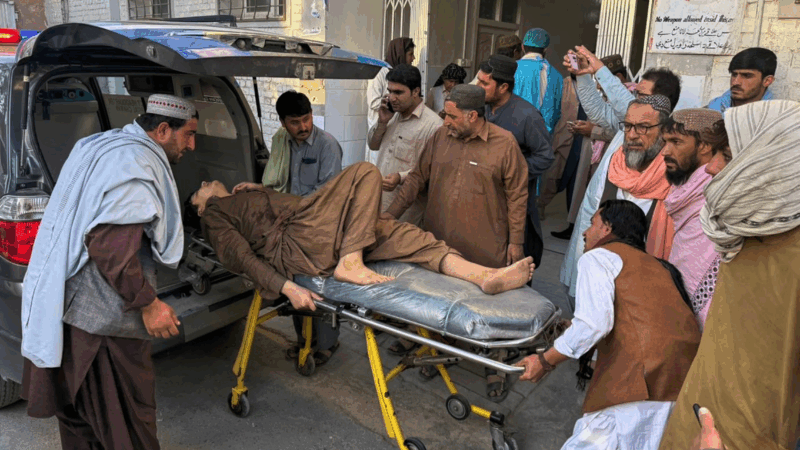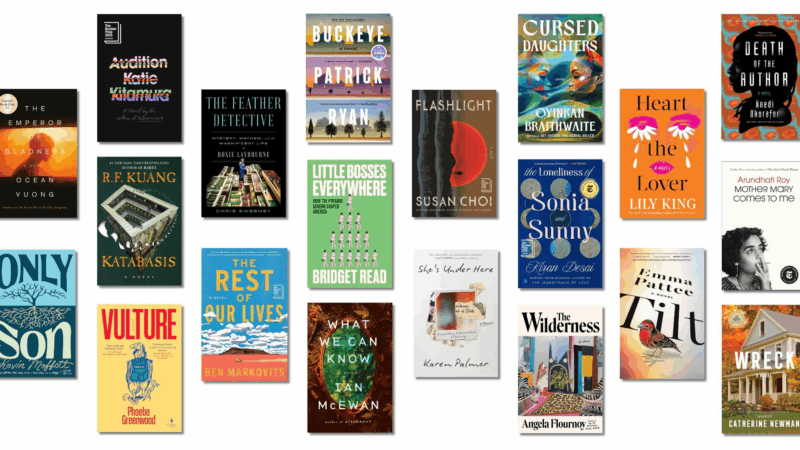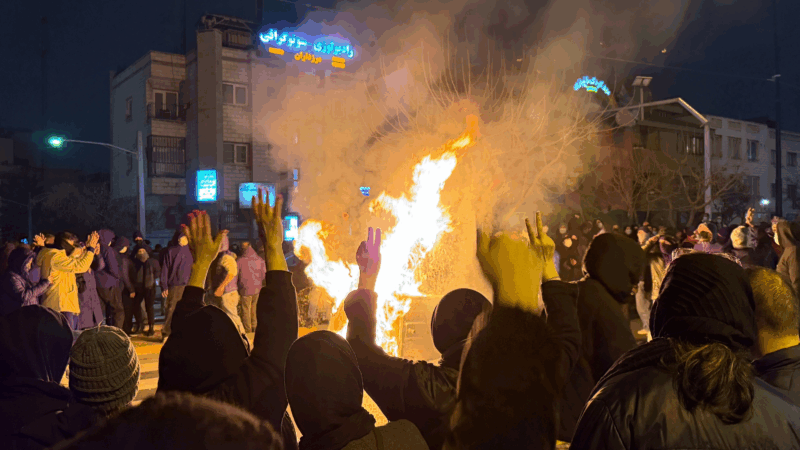Pakistan and Afghanistan agree to a temporary ceasefire after days of deadly clashes
ISLAMABAD — Pakistan said Wednesday it agreed to a 48-hour ceasefire with Afghanistan following days of violence that have killed dozens of people on both sides of the border.
Pakistan’s Foreign Ministry said the ceasefire was at Afghanistan’s request.
Moments later, the Taliban government’s chief spokesman, Zabihullah Mujahid, said the truce was at “the insistence” of the Pakistani side. His social media post on X did not mention a 48-hour timeframe. All Afghan forces have been instructed to observe the ceasefire “as long as no one violates it,” Mujahid added.
Pakistan accuses Afghanistan of harboring armed groups, a charge rejected by the country’s Taliban rulers. Pakistan is grappling with militant attacks that have increased since 2021, when the Taliban seized power in Afghanistan.
The escalation of tensions is likely to destabilize a region where groups, including the Islamic State and al-Qaida, are trying to establish a foothold and resurface.
Earlier Wednesday, before the ceasefire announcement, Pakistan said its troops killed dozens of Afghan security forces and militants in overnight fighting. The clashes had stopped briefly Sunday following appeals from major regional powers, including Saudi Arabia and Qatar.
Pakistani forces said they had repelled “unprovoked” assaults, but denied targeting civilians after the Taliban government said more than a dozen were killed and over 100 others wounded when Pakistan targeted sites in a border area of Afghanistan’s southern Kandahar province.
Mujahid, the Taliban government’s chief spokesman, said earlier that Pakistan used light and heavy weapons in assaults on Spin Boldak in Kandahar. Afghan forces returned fire and killed several Pakistani soldiers, seized military posts and captured weapons including tanks, Mujahid added.
Pakistan’s army also targeted militant hideouts in the Afghan capital, two Pakistani security officials said Wednesday on condition of anonymity because they were not authorized to speak with the media.
People in the Pakistani border town of Chaman reported mortars falling near villages and some families were seen evacuating early Wednesday.
“This fighting has been going on since early (Wednesday) morning, and people who live close to the border are leaving the area,” said Chaman resident Najibullah Khan, who urged the two countries to end the fighting to prevent further shelling.
Pakistan’s border regions have experienced violence since 1979 when it became a frontline state in the U.S.-backed war against the Soviet Union.
“After the Sept. 11 attacks, Pakistan’s tribal belt descended into chaos as the Afghan Taliban, al-Qaida, and other groups operated from both sides of the border for attacks on NATO forces and Pakistani security forces,” said Abdullah Khan, a defense analyst and managing director of the Pakistan Institute for Conflict and Security Studies.
As of Wednesday, key border crossings remain closed.
Trump administration sends letter wiping out addiction, mental health grants
The Trump administration sent hundreds of letters Tuesday terminating federal grants supporting mental health and drug addiction services. The cuts could total as much as $2 billion.
Greetings from Acre, Israel, where an old fortress recalls the time of the Crusades
Far-Flung Postcards is a weekly series in which NPR's international team shares moments from their lives and work around the world.
Can’t decide what to read next? Here are 20 recommendations for your book club
You know that feeling when you finish a book and just have to discuss it with someone? That's a great book club book. Here are 20 tried-and-true titles that are sure to get the conversation started.
The risks of AI in schools outweigh the benefits, report says
A new report warns that AI poses a serious threat to children's cognitive development and emotional well-being.
The death toll from a crackdown on protests in Iran jumps to over 2,500, activists say
The number of dead climbed to at least 2,571 early Wednesday, as reported by the U.S.-based Human Rights Activists News Agency, as Iranians made phone calls abroad for the first time in days.
How have prices changed in a year? NPR checked 114 items at Walmart
We found the effects of tariffs and extreme weather, relief (finally!) in the egg cooler, plus one case of shrinkflation.






